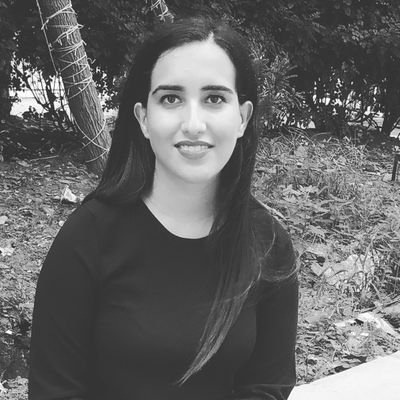Opinion Exclusion of women journalists from Taliban press conference: Her absence filled the room, that’s the headline
The press conference was at the Afghanistan embassy. But India watched — and said nothing — as women were erased from the frame
 The women journalists left outside did not shout or stage a protest. They did what reporters do best: They noticed, they documented, they asked questions. Their restraint was its own form of resistance (AP/PTI Photo)
The women journalists left outside did not shout or stage a protest. They did what reporters do best: They noticed, they documented, they asked questions. Their restraint was its own form of resistance (AP/PTI Photo) Absence has a sound. It is often more telling than speech. For women journalists, exclusion rarely arrives with a headline or a warning. It comes quietly — a list without your name, an invitation that never lands.
It arrived in New Delhi on Friday, in the form of an all-male press conference addressed by Afghanistan’s acting foreign minister, Amir Khan Muttaqi, at the Afghan embassy. The questions were many, but all from men. The women reporters were nowhere to be seen, reportedly kept out in accordance with the Taliban’s rigid ideology of keeping women limited to the domestic sphere. Their absence filled the room.
The Ministry of External Affairs later clarified that India had “no involvement” in the event, which was organised by the visiting Taliban delegation inside the embassy premises following protocols of their own. The clarification may well be true. But the photograph of that room — row upon row of men, no woman in sight — is one of those images that speaks a thousand words. You cannot hear the women because they were not there. And once you notice the silence, you cannot unhear it.
A country that promised equality
India has long prided itself on equality not as inheritance, but as intention. At Independence, every Indian woman could vote — a right many in older democracies had to fight for and wait decades to receive.
The women of the Constituent Assembly — Hansa Mehta, Durgabai Deshmukh, Ammu Swaminathan — were clear-eyed about what equality meant. It was not charity, but recognition.
That is why this seemingly small episode — a few dozen chairs in a hall, a visiting minister — feels larger than its scale. It unsettles the quiet confidence with which India has long said that this is a country for men and women equally, that this cannot happen here. Because, for a moment, it did and not one man present in the room spoke up against it.
Diplomacy and dissonance
Yes, India must engage with the Taliban. Realpolitik demands it because of trade, security, and geography. Diplomacy often means conversation with those whose values we reject. But engagement need not mean absorption.
To say that the government had “no role” is bureaucratically sound. Yet the question remains: what does it mean for the world’s largest democracy to host, even passively, a scene of exclusion? What does it signal when the laws of another land — laws that erase women — are allowed, even briefly, to script behaviour in ours?
Under Taliban rule, women in Afghanistan live in a silence so total it has become policy. They are barred from education, work, and public life — erased not just from the newsroom, but from the nation’s narrative itself. To see even a shadow of that silence in Delhi is to feel its chill reach across borders.
For women in journalism, the moment struck deeper than diplomacy. It touched a familiar bruise. We have covered wars, elections, and insurgencies. We have been silenced, sidelined, and still stayed in the room. But to be kept out by decree, in the national capital of all places, felt like a definitive punctuation — a full stop in a narrative that has been forward-looking.
The echo that remains
The MEA’s clarification draws a procedural line between what India did and what Afghanistan demanded. But the photograph refuses to obey that line. Optics are the language of politics, and silence is its subtext. You cannot claim moral distance from what happens in Delhi, India’s own political power centre.
Despite talking repeatedly about women’s power, until the hue and cry raised by Opposition members, the exclusion was glided over in India’s power corridors. Congress MP Priyanka Gandhi Vadra sought Prime Minister Modi’s stand on the issue. “If your recognition of women’s rights isn’t just convenient posturing from one election to the other, then how has this insult to some of India’s most competent women been allowed in our country, a country whose women are its backbone and its pride,” she posted on X.
Shiv Sena leader Priyanka Chaturvedi wrote on X: “I totally get that the presser was inside the Afghan Embassy and their protocols follow, as much as it is unpalatable to India’s stances. However rules of engagement cannot be abject surrender to their protocols, at the very least, raise our voice of disagreement about women journalists being barred, which I hope MEA will do.”
The women journalists left outside did not shout or stage a protest. They did what reporters do best: they noticed, they documented, they asked questions. But the image will remain, archived in memory: a press room in the capital of a democracy that prides itself on equality — with no seat at the table for women.
The women were kept out of the room. Their absence wrote its own headline.
aishwarya.khosla@indianexpress.com






